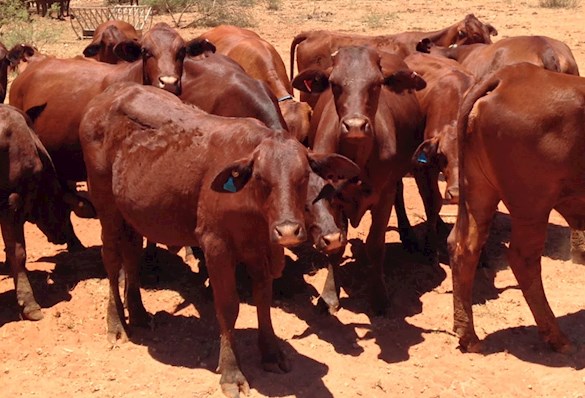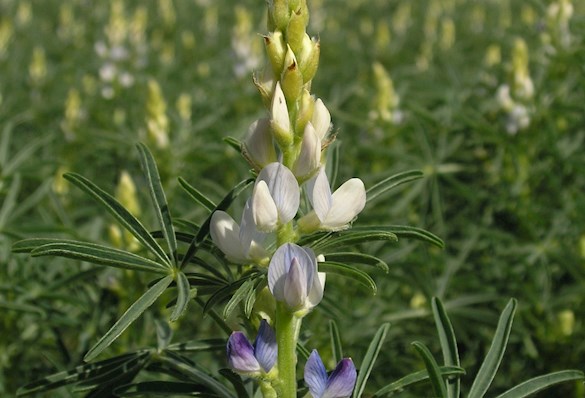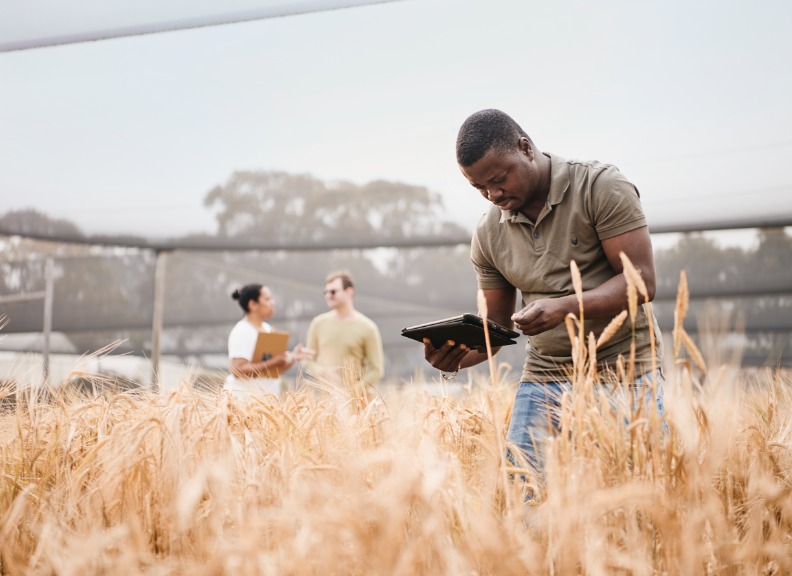
-
Highlights
-
Governance
-
Chancellor
-
Vice-Chancellor
-
Executive
-
History of the University
-
Schools
-
Campuses
-
Complaints
-
Official publications
-
Communications and marketing
-
Working at UWA
PROJECT
Using urban waste to store carbon in farm soils
Building soil carbon through blending urban organic wastes into an engineered soil amendment for farmers
Attempts to increase organic carbon in Australian cropping soils by means such as retaining crop stubble, adding compost, and growing green manure crops or perennial pastures have not achieved adequate success; soil organic carbon is still decreasing in many soils. Maintaining organic carbon in cropping soils will aid amelioration of rising atmospheric carbon dioxide and improve soil physical and chemical characteristics, thereby aiding crop yields.
Recent Australian research shows that transformation of added organic matter such as crop stubbles to forms of organic carbon that will persist in soil over long periods of time occurs through the actions of soil microbes and depends on specific ratios of key nutrients (C: N: P: S) being present. However, this research has not been extended to include the carbon in biosolids.
In this project we will investigate if engineered biosolids can be used to produce a safe and affordable (transportable) product, with optimal ratios of key nutrients, to aid the formation of stable organic carbon in the soils of the broadacre cropping systems across southern Australia.
Project goals:
- Quantify impact of engineered biosolids-based soil amendments on soil microbial processes including carbon cycling (laboratory incubations)
- Determine optimal application rates for plant growth and soil organic matter buildup (glasshouse experiments)
- Determine efficacy for soil organic matter buildup under a key target crop (field experiment on commercial farm).
The successful PhD applicant will undertake experiments utilising skills and knowledge in the areas of soil carbon sequestration, soil microbial processes, nutrient mineralisation in soil, crop nutrition and agronomy.
The project will be associated with the Transforming Biosolids ITTC which is funded by the ARC.
You will have the opportunity to work collaboratively across universities (UWA, UQ, RMIT, UNSW) and with industry stakeholders, including Richgro and WaterCorp.
Suggested reading
- Coonan, E.C., Kirkby, C.A., Kirkegaard, J.A. et al. Microorganisms and nutrient stoichiometry as mediators of soil organic matter dynamics. Nutrient Cycling in Agroecosystems 117, 273–298 (2020).
Research team leader: Dr Megan Ryan
Other key team members:
- Dr Bede Mickan
- Dr Michael Burton
- Dr Anas Ghadouani
- Adjunct Professor John Kirkegaard (CSIRO)







































